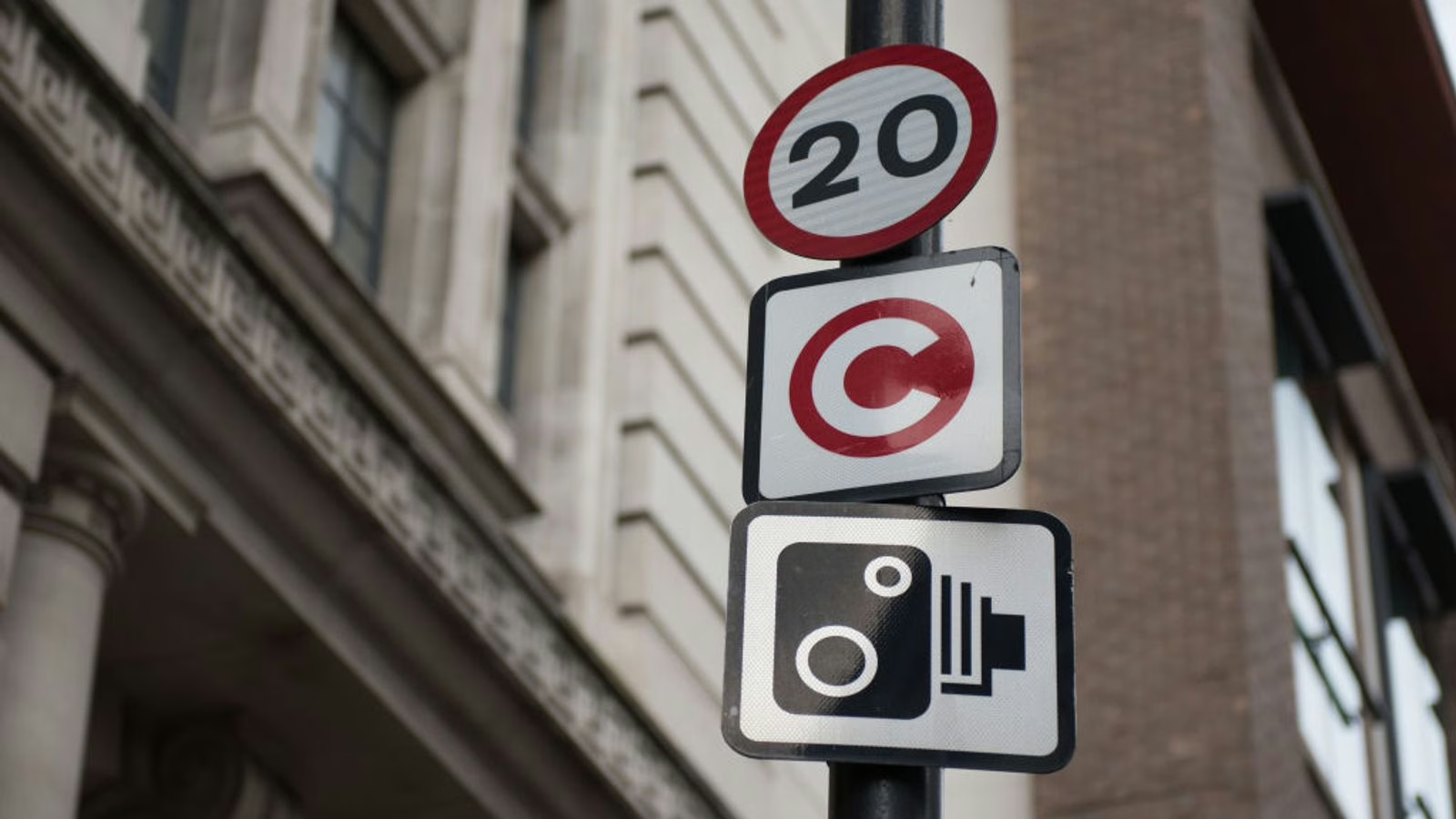Transport for London (TfL) has unveiled plans to hike the city’s Congestion Charge from £15 to £18 per day, a steep 20% increase, with the change slated for January 2026. Alongside this, TfL proposes limiting residents’ discounts to electric vehicles (EVs) from 2027, introducing discounts for EVs and vans, and adjusting charges annually based on inflation or public transport fares. The move aims to ease central London’s gridlock, clean up the air, and fund public transport, but it’s already sparked fierce debate. Public consultation runs until 4 August 2025, with Londoners’ input set to shape the final decision.
A 20-Year Journey of the Congestion Charge
Launched on 17 February 2003 under former Mayor Ken Livingstone, London’s Congestion Charge was a global first, targeting an 8-square-mile zone in the city centre with a £5 daily fee. Designed to cut traffic, improve air quality, and fund public transport, it slashed vehicle numbers by 15%, boosted bus ridership by 6%, and reduced pollution. Over time, the charge evolved: it rose to £8 in 2005, £10 in 2011, and £11.50 in 2014. In 2020, it hit £15, extended to 7:00 AM–10:00 PM daily. A 2007 western expansion was scrapped in 2011 after public backlash. The 2019 Ultra Low Emission Zone (ULEZ) integration added fees for high-polluting vehicles, pushing greener travel. To date, the scheme has raised over £1.2 billion for buses, Tubes, and cycle lanes, though it’s faced criticism for burdening businesses and drivers.
Why the Hike?
TfL says London’s roads are under strain. Population growth and construction works have slowed central traffic since 2006, with speeds potentially dropping from 17.5 km/h to 11.5 km/h without intervention. Air pollution remains dire, linked to 4,000 premature deaths annually. The £18 charge aims to deter unnecessary car trips, promote EVs and public transport, and support London’s 2030 net-zero goal. TfL expects an extra £23.2 million yearly, ring-fenced for buses, Tubes, and cycling infrastructure.
Benefits: Clearer Roads, Cleaner Air
- Less Gridlock: TfL predicts the £18 fee will further cut traffic, building on the scheme’s 30% reduction in delays.
- Cleaner Air: Curbing high-emission vehicles and boosting EVs could lower nitrogen dioxide (NO2) emissions, reducing asthma and dementia risks.
- Transport Boost: The hike will fund public transport upgrades, with the charge already contributing £960 million to bus networks over the past decade.
- Greener Future: EV discounts and new resident rules will accelerate the shift to low-emission vehicles.
Drawbacks: Who Pays the Price?
- Business Woes: Small firms reliant on vehicles fear higher costs. Surveys from 2003–2005 showed 79–84% of central London businesses reporting revenue drops, with 42–62% blaming the charge, though recent studies suggest a neutral impact on retail overall.
- Driver Burden: The £18 fee could hit frequent drivers hard, especially low-income ones, potentially curbing central London visits.
- Dodging Fees: Around 25% of fines go unpaid, with some drivers using tactics like cloned plates, undermining the scheme.
- Strained Transport: Higher charges may overload buses and Tubes, especially during peak hours.
Public Reaction: A City Divided
The proposal has split opinion. Environmental and cycling groups cheer the hike, saying it will cut traffic and pollution while advancing net-zero goals, urging bolder action. Critics, including drivers and businesses, slam it as a “cash grab”, arguing £18 is unaffordable and questioning its impact on congestion. Others take a balanced view, calling for calm debate via the consultation to weigh costs and benefits.
Conclusion
The proposed £18 Congestion Charge, set for January 2026, continues a 20-year mission to tame London’s traffic, clean its air, and fund transport. While promising smoother roads and greener travel, it risks squeezing businesses and drivers while straining public transport. TfL urges Londoners to join the consultation at https://haveyoursay.tfl.gov.uk/congestion-charge by 4 August. Your voice could shape the capital’s future.
Discover more from “Bridging Hongkongers. Reporting Truth.”
Subscribe to get the latest posts sent to your email.



